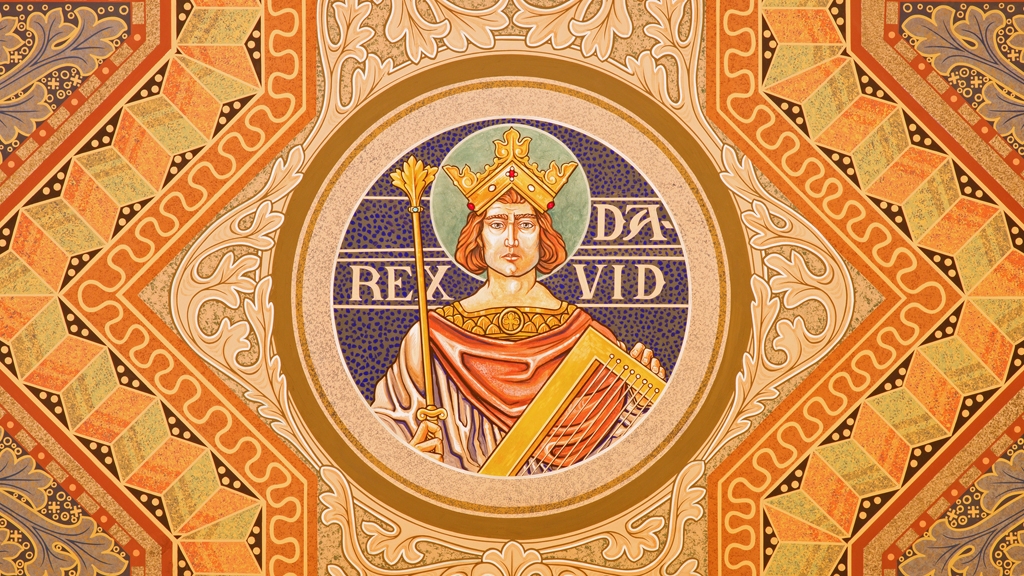Commentary on Parashat Vayechi, Genesis 47:28-50:26
Parashat Vayechi describes the preparations Jacob makes for his death. He methodically bids farewell to his children and grandchildren and directs them to bury him in Canaan.
Last Words of Advice
Finally, Jacobs delivers a poetic statement (in some cases, a blessing) for each of his 12 sons. Having gotten in the definitive last word, we are told:
When Jacob finished his instructions to his sons, he drew his feet into the bed and, taking his last breath, he was gathered to his people.” (Genesis 49:33)
The for Vayechi features another father — King David — on his deathbed. Like the patriarch Jacob, David had many sons. However, David’s last words are directed only to one of his sons: Solomon. With the backdrop of a contested kingship — more than one of David’s sons seeks to rule after his death — David’s selection of Solomon as recipient of his farewell speech is significant.
King David encourages Solomon not to despair: “Be strong and show yourself a man” (2:2). The recipe for success as king, David tells his son, is to follow God’s ways. David promises that if Solomon is true to the Torah, “your line on the throne of Israel shall never end” (2:4).

Help us keep Jewish knowledge accessible to millions of people around the world.
Your donation to My Jewish Learning fuels endless journeys of Jewish discovery. With your help, My Jewish Learning can continue to provide nonstop opportunities for learning, connection and growth.
Unfinished Business
In the rest of his farewell speech, David asks Solomon to take care of some of his unfinished business. Joab son of Zeruiah had been David’s general for many years, but sided with David’s son Absalom in his rebellion against David. Still angry with Joab for his betrayal and for killing two innocent commanders in Israel (Abner and Amasa — 2 Samuel 3:27), David instructs Solomon: “See that his white hair does not go down to Sheol in peace” (1 Kings 2:6).
David also asks Solomon to repay good with good. When David was fleeing Absalom, Barzillai the Gileadite, then an old man, provided David with food. Now David asks Solomon to return the favor: “Deal graciously with the sons of Barzillai…let them be among those that eat at your table.”
David’s final request shows that he remained pained by the trauma of Absalom’s rebellion until his last living moment. Shimei son of Gera had cursed David while he was fleeing Absalom (. Again, David instructs Solomon to bring about justice: “Do not let him go unpunished…send his gray hair down to Sheol in blood” (1 Kings 2:9).
In the final verses of the haftarah, David dies after 40 years of ruling over Israel. Then, we are told, “Solomon sat upon the throne of his father David, and his rule was firmly established” (1 Kings 2:12).




